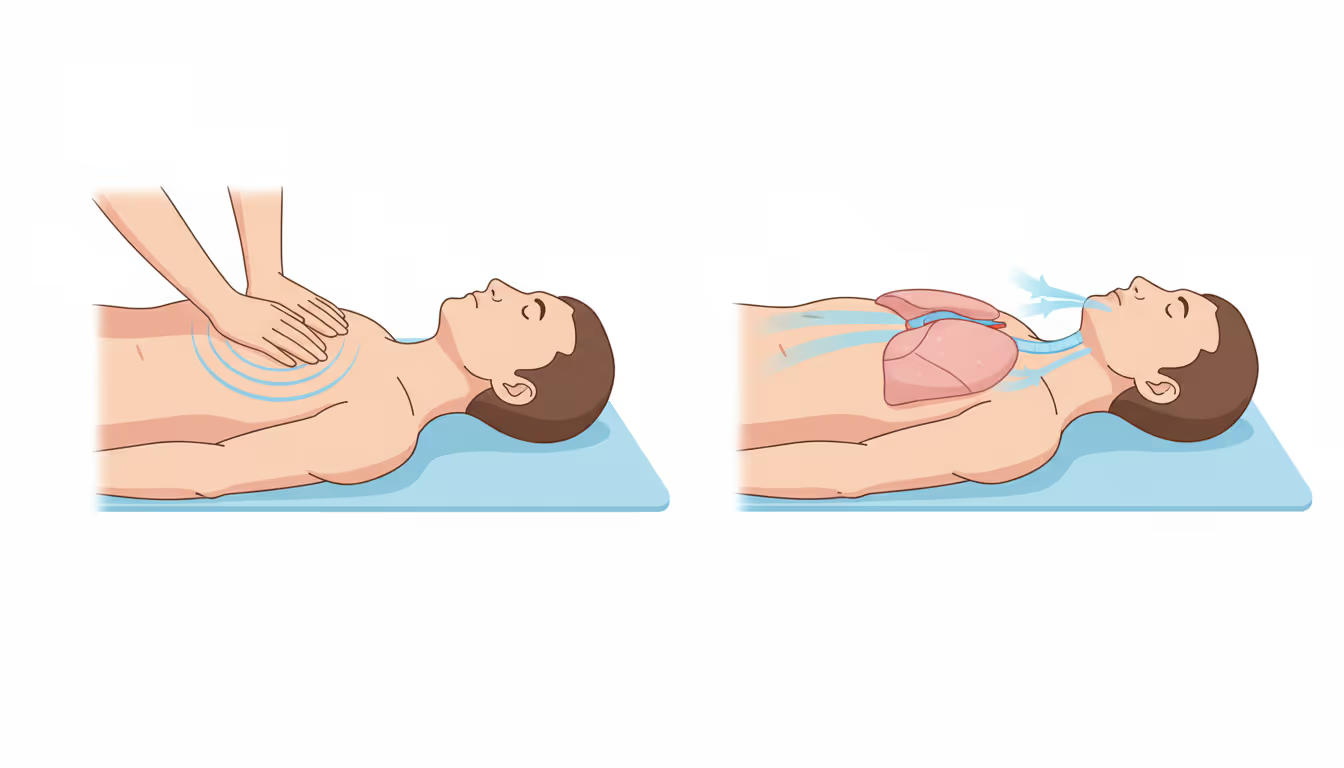
Ketonuria is a condition characterized by an unusually high presence of ketones and ketone bodies (byproducts of cell breakdown) in the urine. It is a common indication of uncontrolled diabetes. Diabetic patients experiencing ketonuria need to monitor their urine for ketone accumulation, as this can lead to severe complications if not addressed promptly. Ketonuria can also arise from fasting, dieting, starvation, or eating disorders. It is also known as ketoaciduria or acetonuria.Digestion and Insulin's Function:During digestion, the body converts fats, proteins, and carbohydrates into essential components that support bodily functions. Fats transform into fatty acids, proteins into amino acids, and carbohydrates into glucose, which enters the bloodstream as a vital energy source. However, glucose requires insulin, a hormone from the pancreas, to reach cells and provide energy to muscles and tissues.Ketones and Ketone Bodies: Their Nature and Accumulation:In certain individuals with diabetes, the pancreas does not produce enough insulin. As a result, glucose remains largely unused. The body then resorts to breaking down muscle and fat to generate energy, leading to the production of ketone bodies. Chemically, these comprise beta-hydroxybutyric acid, acetoacetic acid, and acetone. Once released, ketone bodies acidify the blood and are mostly expelled through urine, with some exiting via the lungs. Without timely treatment, both glucose and ketone bodies can reach hazardous levels.Factors like stress and illness can increase the risk of glucose and ketone buildup. When their levels rise significantly, the following conditions occur:1. Hyperglycemia: Excessive sugar in the blood.2. Ketoacidosis: Excessive ketone bodies in the blood.3. Ketonuria: Excessive ketone bodies in the urine, accompanied by sodium excretion.Symptoms and Management:Symptoms of excess glucose and ketone bodies include increased thirst, frequent urination, dehydration, nausea, vomiting, labored breathing, dilated pupils, confusion, and a fruity breath odor due to acetone. These symptoms can escalate to coma and death. Treatment involves insulin and intravenous fluids to normalize blood sugar levels and resolve ketoacidosis and ketonuria.Prevention:For diabetics susceptible to ketonuria, preventing emergencies involves carefully monitoring blood glucose and urinary ketone levels. While ketone overload in the blood primarily affects those with type 1 diabetes, it can also occur in other individuals with diabetes. Thus, all diabetics are advised to regularly check both glucose and ketone levels. Home test kits are available for this purpose.Ketogenic Diet:Interestingly, ketonuria is an intended outcome of the ketogenic diet, used to reduce seizure frequency in individuals with epilepsy, especially when standard medications are ineffective or cause intolerable side effects. This diet, high in fats and low in protein and carbs, mimics fasting, elevating ketone levels in the blood. This can help prevent or reduce various seizures, including myoclonic and atonic seizures, as well as absence seizures. The exact mechanism by which ketones inhibit seizures is still unknown. The ketogenic diet requires strict adherence and medical supervision, with only a few specialized centers qualified to prescribe it.




